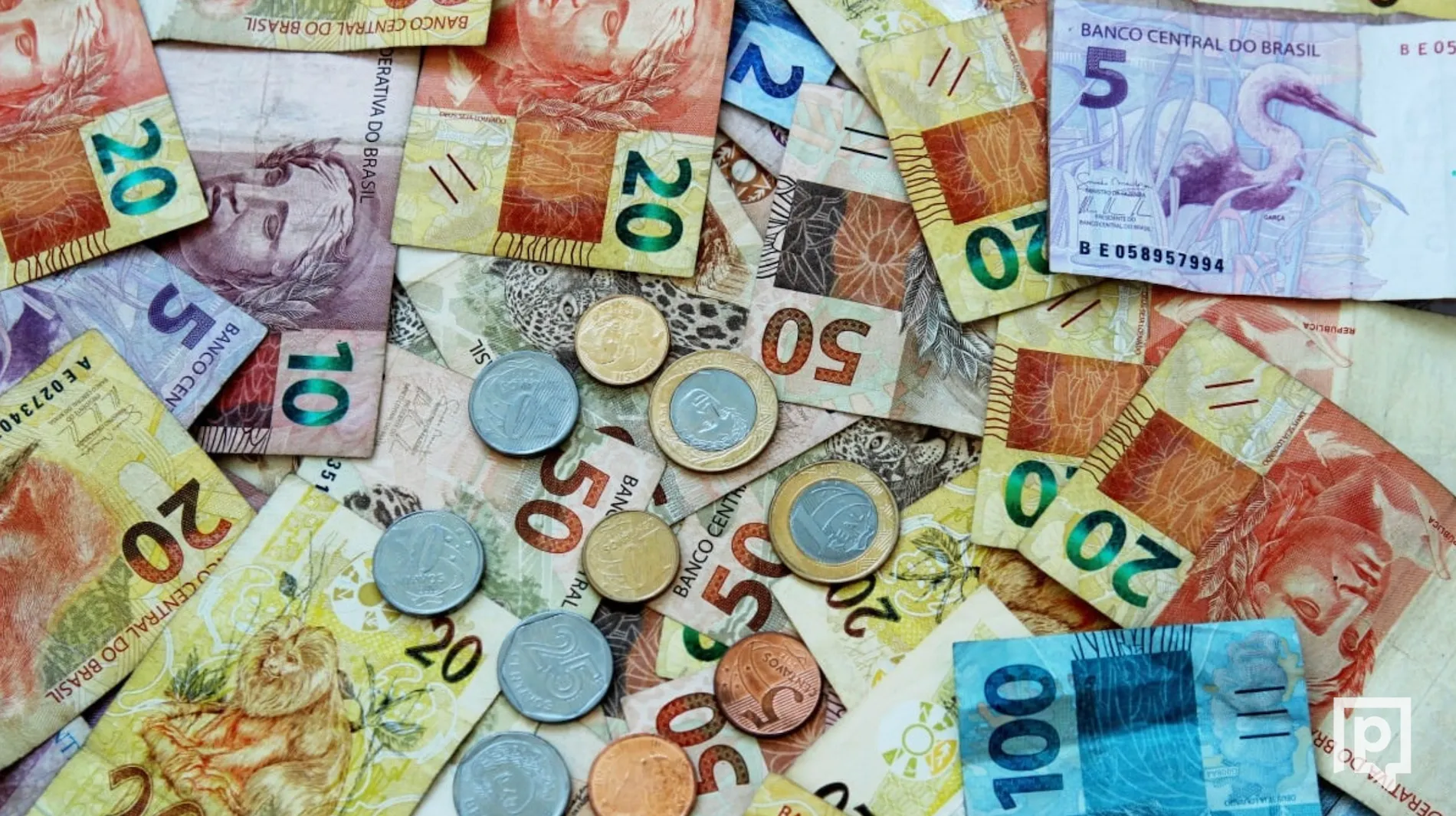We know: there’s a lot to read out there.
We all wish we had time in the day to curl up in bed with a good white paper. In this series, we read the latest research, reports, and white papers that advance the grassroots grantmaking movement so that they can read to as wide an audience as possible. And we try to keep it short, so you can know what’s worth a long read later on.

Filantropia que Transforma (Rede Comuá)
Rede Comuá is a network of independent organizations that brings together community foundations and donors that are supporting socio-environmental justice, human rights, and community development.
This year, they undertook the first mapping of independent donor organizations for civil society in the areas of socio-environmental justice and community development in Brazil, compiling and systematizing information from 31 independent organizations, 81% of which were created from 2000 on.
The results indicate that such organizations are fundamental for resources to reach collectives and movements, formalized and not. It is an essential contribution to the building of Brazilian philanthropic knowledge, a country erected and organized on colonial power relations that do not recognize the power and expertise of politically minoritized groups and, as a result, perpetuates such relations.
For this mapping, Rede Comuá considered cause-related funds, community funds, and community foundations that are grantmakers of financial and non-financial resources. They fund civil society organizations and initiatives with in-depth knowledge in their area of expertise and can mobilize community leaders and networks.

Periferias e Filantropia - As barreiras de acesso aos recursos no Brasil (Iniciativa Pipa)
The Pipa Initiative was born from the practical knowledge that most Brazilian philanthropic resources do not reach peripheral organizations – those operating in impoverished communities on the margins of society. The research focuses on the barriers organizations face in accessing resources and seeks to raise awareness among Brazilian strategic philanthropists regarding the need to democratize resources. To this end, more than 1,000 initiatives across Brazil were mapped, of which 90% declared themselves peripheral and almost 50% recognized as collectives.
For the group, the periphery is the place where historically marginalized populations resist and produce solutions with little resources, impacting the future of a country that belongs to black people, Indigenous people, women, and LGBTQIAP+ people. The report provides data that prove a known reality: donor selection processes are pre-conditioned on the choice of larger and better-structured organizations, reinforcing processes of social exclusion.

Pesquisa Brasil Doação (Instituto Brasileiro para o Desenvolvimento Social - IDIS)
The most comprehensive survey on individual donations in Brazil shows that 84% of Brazilians donate, and 36% donate to social organizations. In its third edition, IDIS’ survey points out that Brazilians' causes are quite traditional: education, health, and fighting hunger. The numbers are significant because Brazil has adopted a tax system where a donation cannot be later deducted from income tax.
The research website is dynamic and facilitates consultation and data cross-referencing. It also analyses the historical series from 2015, 2020, and 2022. This series is particularly interesting as it covers the first year of the COVID-19 pandemic when there was intense mobilization for donations.

Trust-Based Philanthropy White Papers Translated into Portuguese
GIFE, an association of private social investors in Brazil, has partnered with Trust-Based Philanthropy Project to translate some of their resources:



.webp)



.webp)






.webp)
.webp)
.webp)











.webp)


